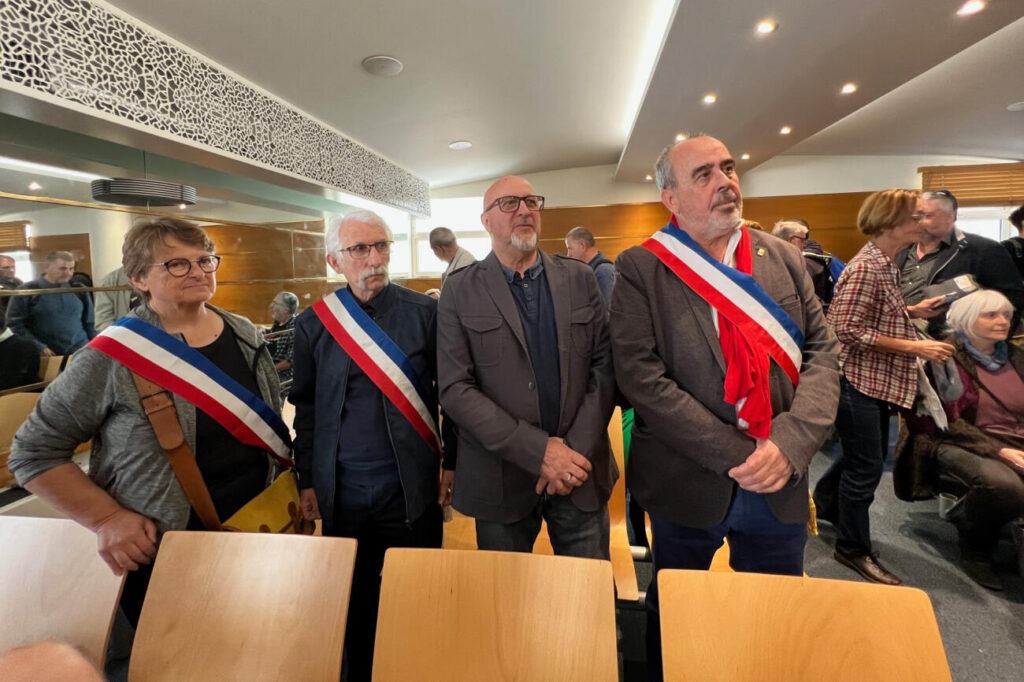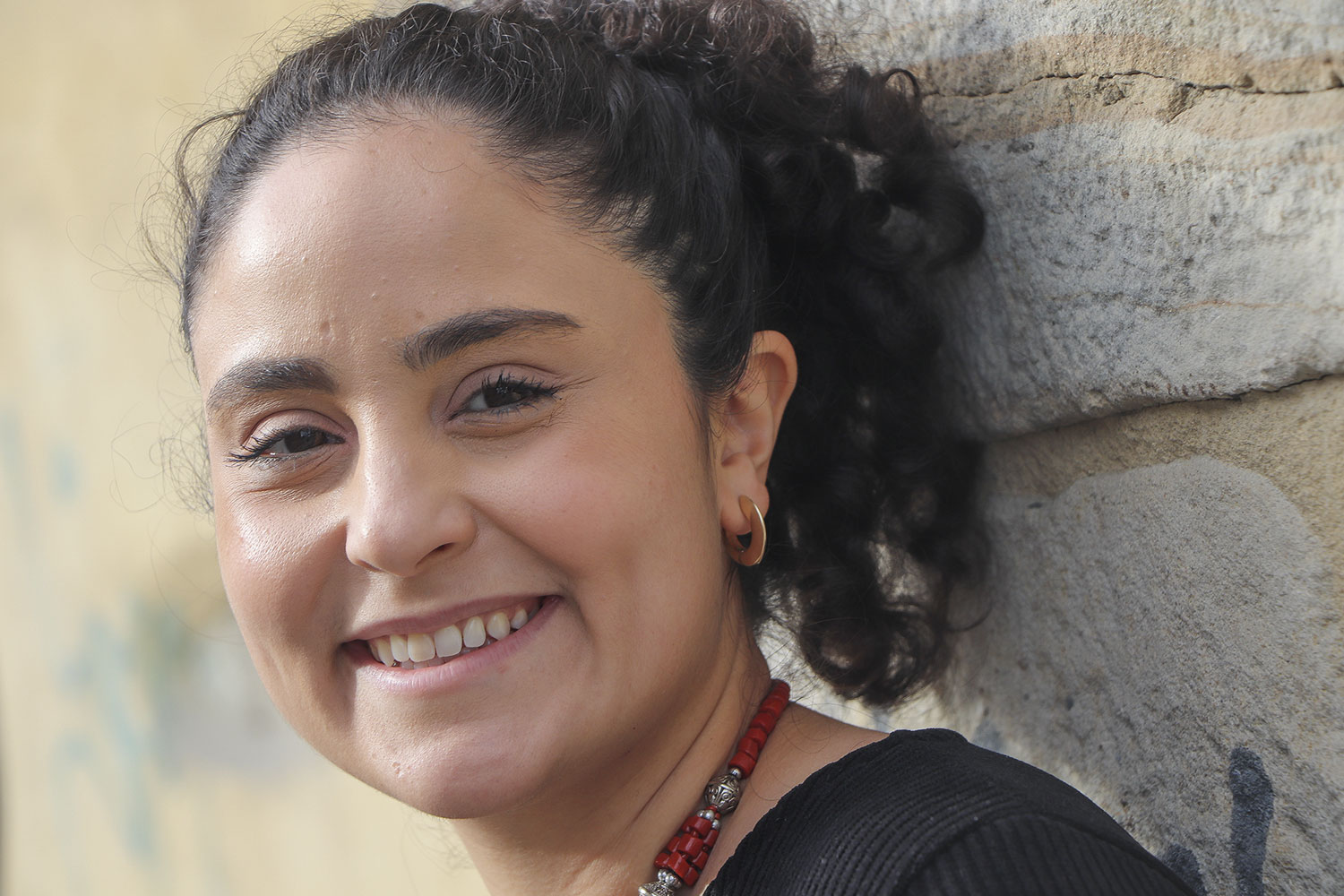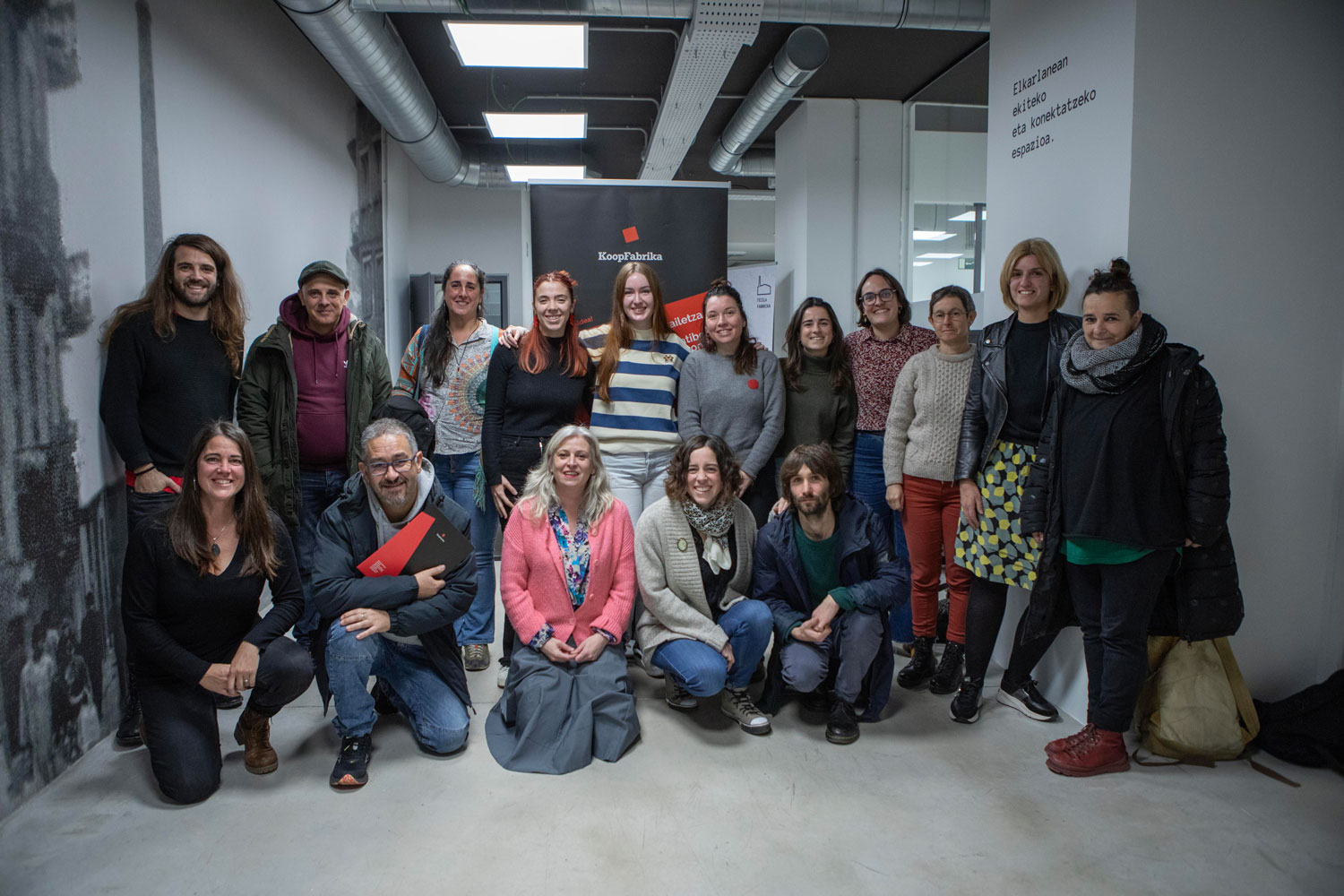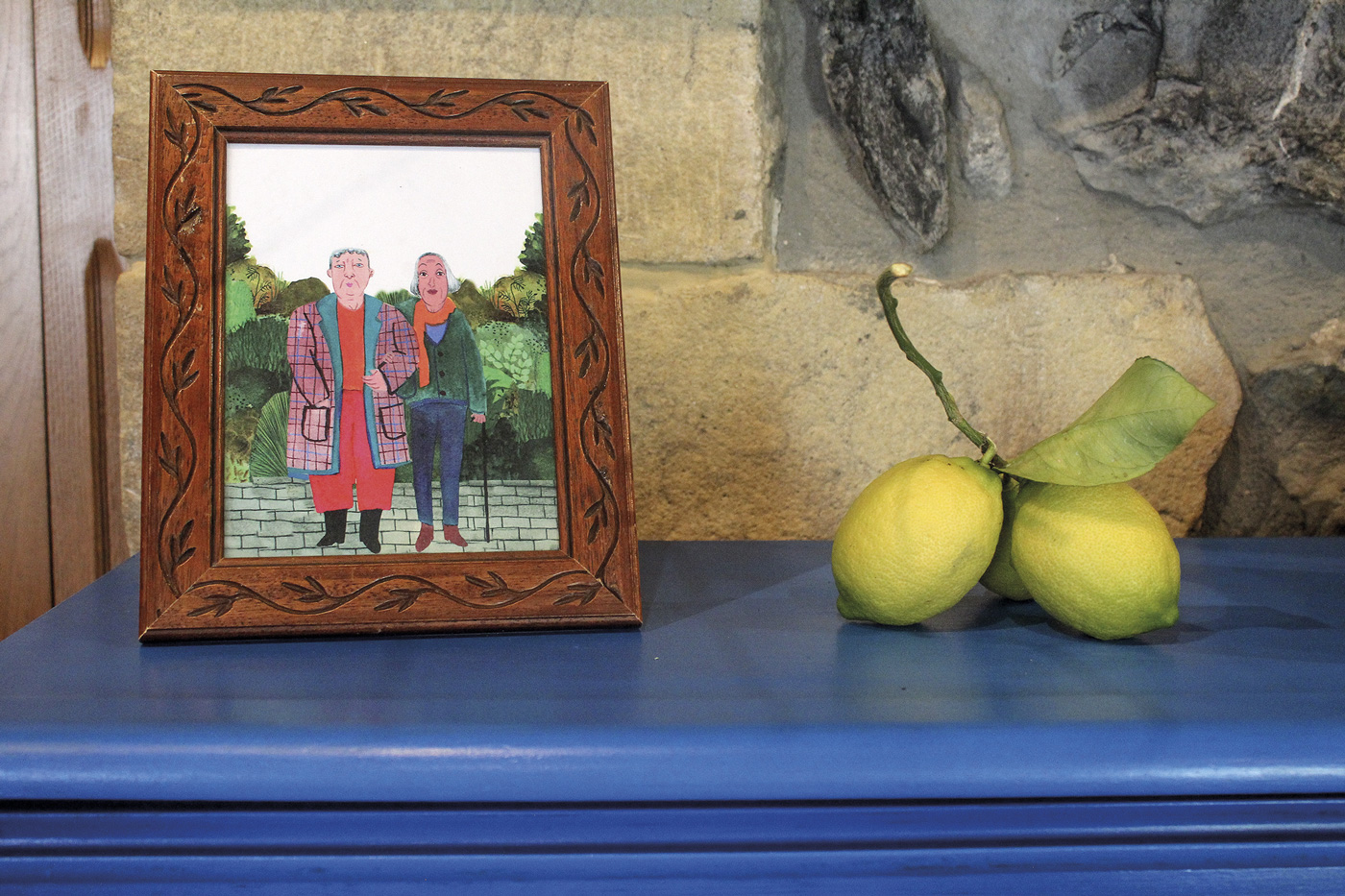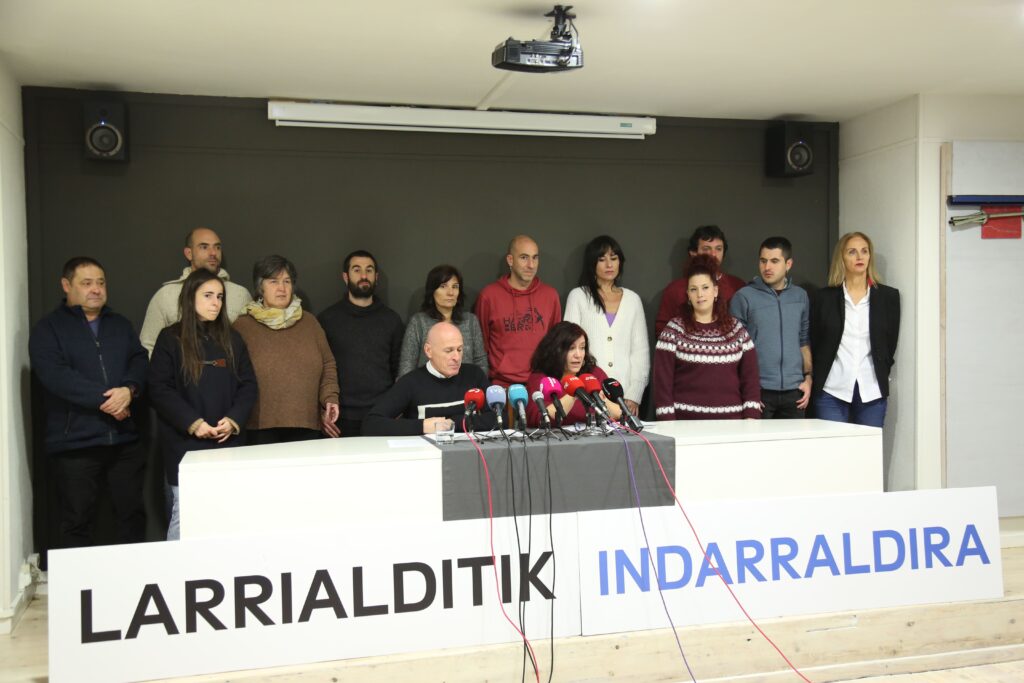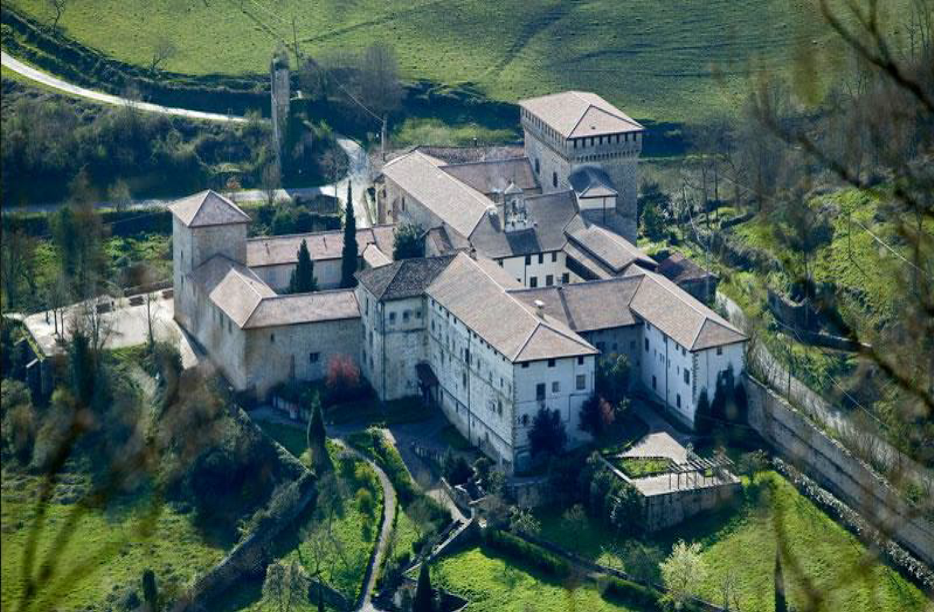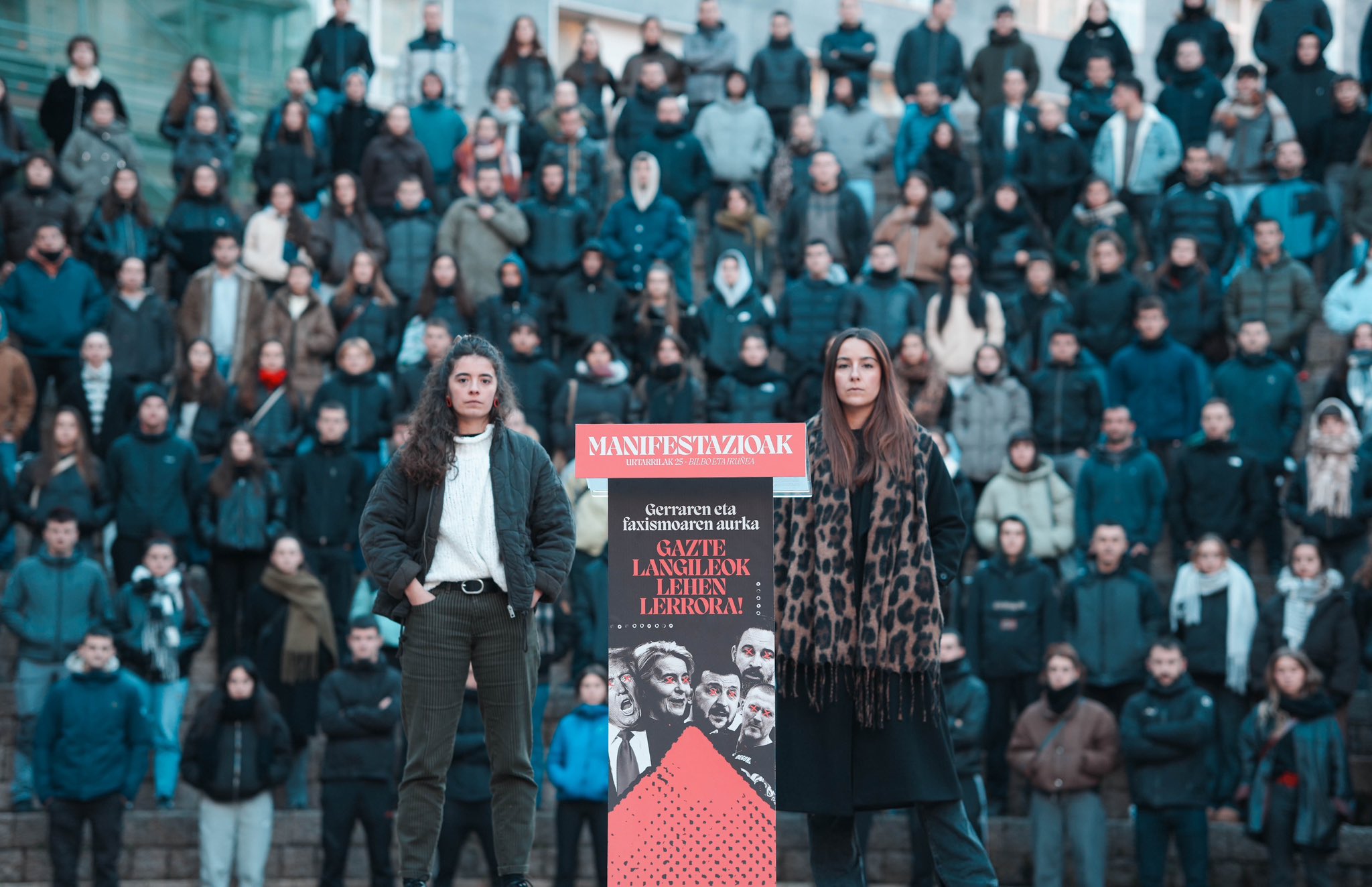Why did they kill Martina Iglesias?
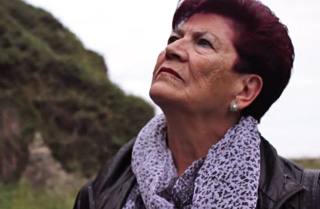
Many investigations and films have been carried out in Saturraran prison. What's special about this? The authors focus on a concrete woman: Martina Iglesias Molinero (1908-1940). She was transferred to Mutriku from Ciudad Rodrigo, in the arms of her daughter Margarita, for a month. He has voiced a supposedly ill mother in military prison.
Marguerite tells how her mother begins to get rid of what she has suffered. Historians have evidence that Martina was one of the four women who were actually shot in Saturraran. “Why did my mother take me away?” Margarita’s interrogation gains strength as the film progresses, demonstrating that it is possible to ask for memory and justice from personal history. The work is available on the ARGIA multimedia channel.
Nafarroako Legebiltzarrean datorren urteko aurrekontuak ixteko negoziazioetan ari dira egunotan alderdiak, eta horietan adostutakoaren arabera, euskararen normalizazioaz arduratzen den erakundeak iaz baino 1,3 milioi gehiago izango ditu.
They are very close, in practice, the brother-in-law who says “today you can’t say anything” and the supposed progre that says “I am free to do what I want”. Presumed freedom. Presumed. Democracy had to equate human beings and social networks, communications. We... [+]










